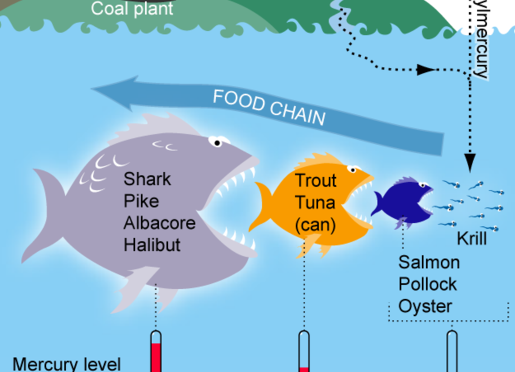As we’ve seen before here on The French Paradox, diet can have a significant effect on mental health and cognitive function in adults.

Despite the many studies that seem to show this effect, the results are not consistent and thus require further study.
A new study published in the Journal of Alzheimer’s Disease aimed to compare a variety of diets and their effects on cognitive dysfunction, including Alzheimer’s Disease, all-type dementia, and all-type cognitive impairment in Swedish elderly men.
1,138 Swedish elderly men aged 70 years old were followed over 12 years. Dietary information was collected using a 7 day diet record book that was filled out by all participants.
Diets examined were: the WHO recommendations/Health Diet Indicator, a Mediterranean-style diet, and a low carbohydrate/high protein diet.
Dietary information was then compared with and correlated with incidence of Alzheimer’s Disease, all-type dementia, and all-type cognitive impairment.
Important Findings:
- At the end of the 12 year follow-up:
- 4% of men developed Alzheimer’s Disease.
- 6% of men developed all-type dementia.
- 4% of men developed all-type cognitive impairment.
- There were no strong associations between diet and any of the cognitive dysfunction examined in this study.
- There was a possible beneficial relationship between a Mediterranean-style diet and all-cognitive impairment.
The results of this study did not find any significant associations between diet and cognitive dysfunction in Swedish elderly men, adding to the already inconsistent results found between studies. The did see a trend toward a possible beneficial relationship between a Mediterranean-style diet and all-cognitive impairment, however, these results were not statistically significant.

It is possible that perhaps the sample size was too small to see any effect, or there are other factors involved that have a stronger influence on cognitive dysfunction than diet alone.
The three diets in this study are somewhat similar, in that they are all considered to be relatively “healthy” diets compared to a Western-style diet. Inclusion of this diet would have been important for this study, as this type of diet is consumed by a significant number of people throughout the world.
It is possible that there weren’t enough participants in this study to be sensitive enough to pick up any real differences in terms of associations with cognitive dysfunction. It’s also possible (and likely) that there is single type of diet for every individual, and there are other factors involved that contribute to the development (or lack thereof) of cognitive dysfunction.
Source:



![Photo By Bretwood Higman, Ground Truth Trekking. [CC BY 3.0 (http://creativecommons.org/licenses/by/3.0)], via Wikimedia Commons](http://french-paradox.net/wp-content/uploads/2015/01/MercuryFoodChain-01_french_paradox-258x300.png)